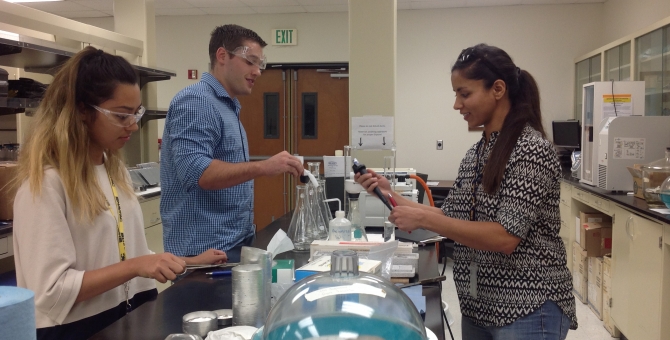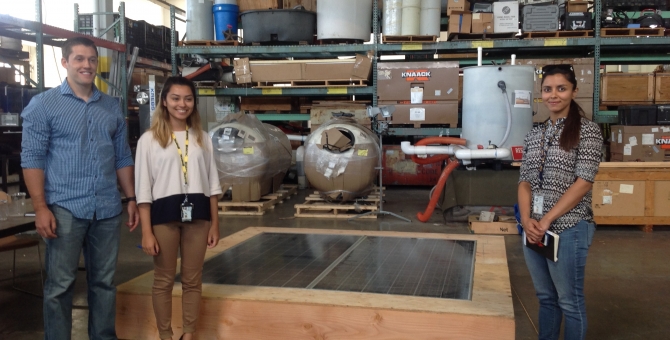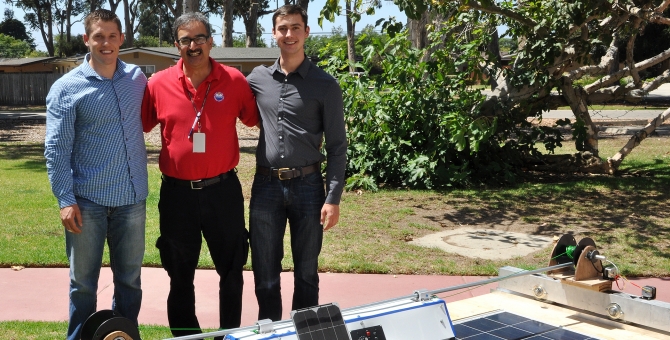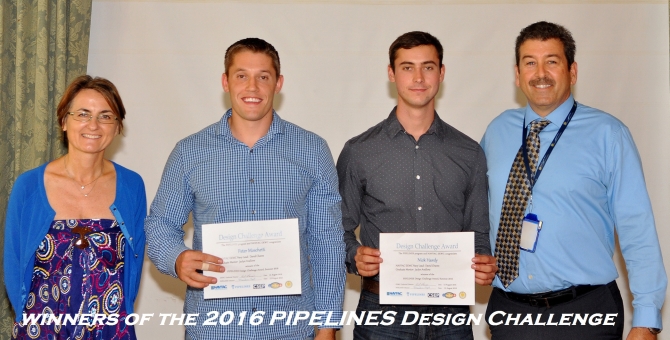Toward NetZero CLUS: a New Method to Minimize Dust-induced Efficiency Losses in Solar Panels
Project Description
Naval Facilities Engineering and Expeditionary Warfare Center provides solutions using innovative technologies that focus on fleet readiness and minimizing energy usage. The SuperCLU, a containerized living unit, is meant to be energy efficient and to improve living conditions for the nation’s warfighters abroad. The purpose of this research is to create a solution that will restore energy output of photovoltaic cells due to particle build up on SuperCLU solar panels in Camp Lemonnier, Djibouti, Africa. This project contributes to reducing military fuel costs and carbon footprint by the ability to use renewable energy without a decrease of energy from PV soiling. Researching the power output of soiled solar panels gave insight into the best prototype design. Various amounts of particle deposition were tested and a relationship was established with decreasing power output. An automated solar panel cleaning system (ASPCS) was designed specifically for the conditions of SuperCLU and climate needs. The final design considers the types of soil found in Djibouti, the weather in that region, the specific dimensions of the solar panels and CLU, as well as the efficiency of the cleaning device. This information is vital for successfully mounting solar panels on the CLU and will be used when finalizing the solution to particle build up.

















